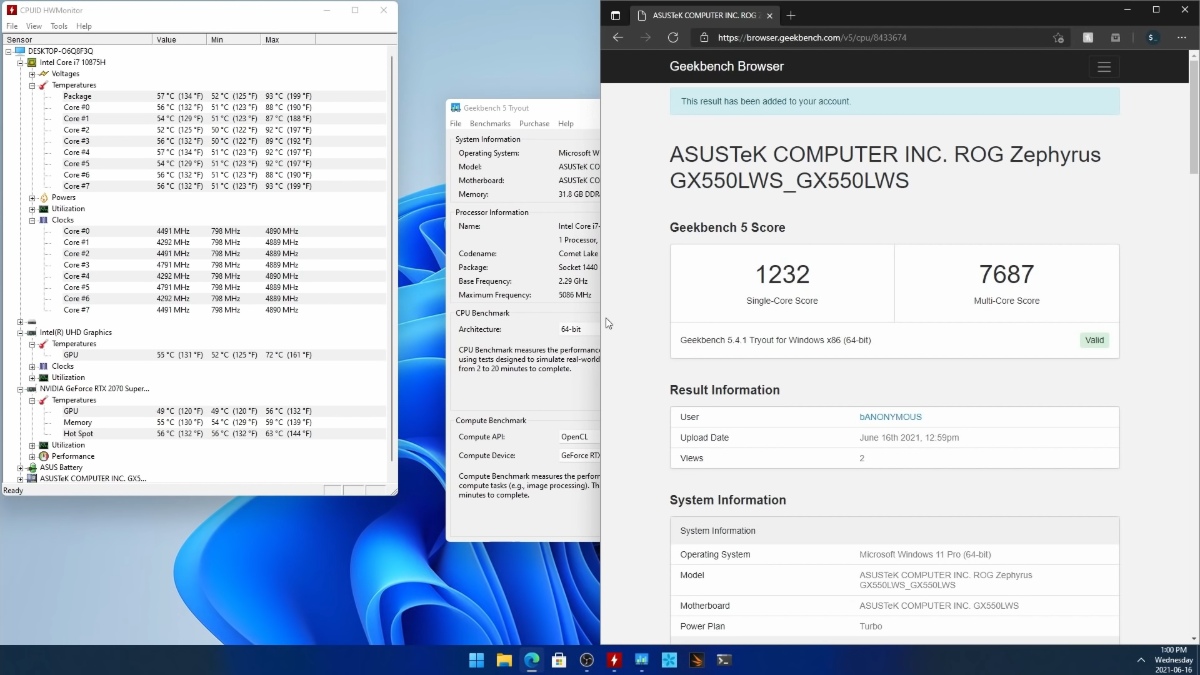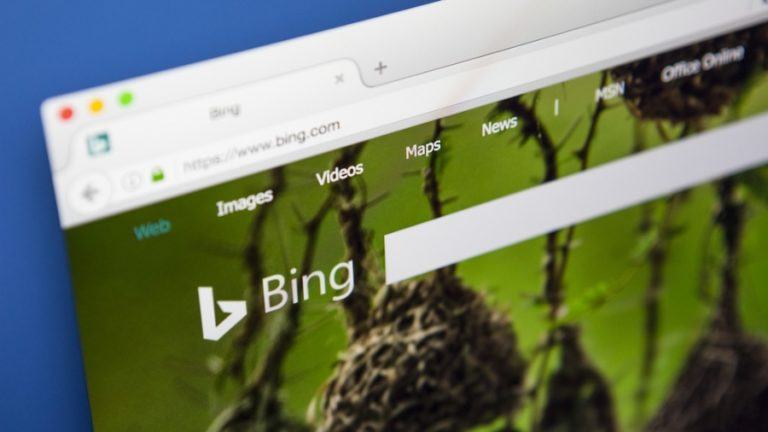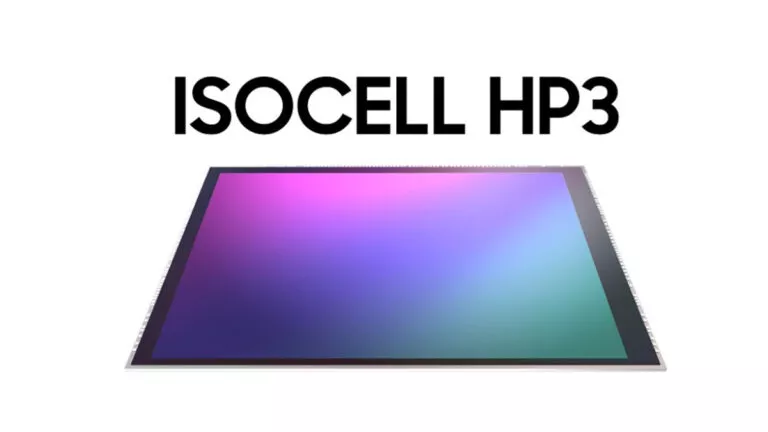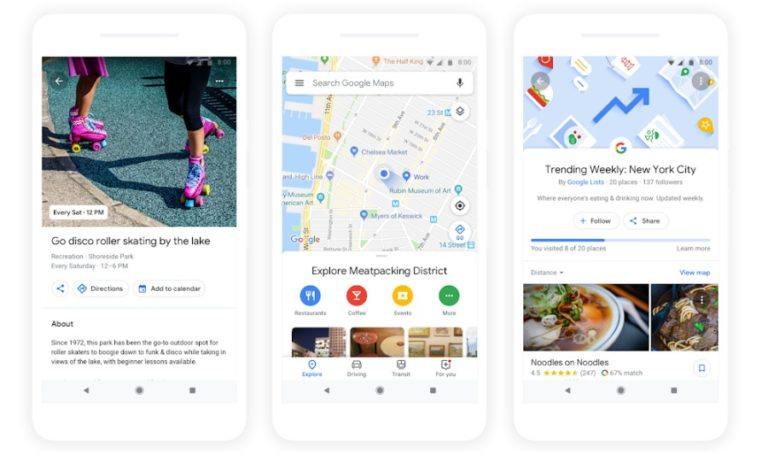Windows 11 Performance Benchmarks: Be Ready For A Pleasant Surprise!

The leaked Windows 11 build has taken the tech world by storm. While many of us can see the obvious differences between Windows 10 and Windows 11, the performance of the upcoming OS remains a topic of discussion.
The reason: many have installed Windows 11 on a VM and enjoyed the new wallpapers and themes, but can’t really comment on the performance since it’s a leaked build. However, that’s not the end of the road.
Windows 11 Performance Benchmarks Are Out!
Yes, you heard that right. Some folks can give us an idea of how powerful Windows 11 is going to be. A YouTuber named Ben Anonymous claims to have an official copy of Windows 11 Pro (Build 21996.1) sourced from his Microsoft developer account. The YouTuber has thus released Windows 11 benchmarks and compared them with Windows 10.
For starters, the Windows 11 boot time (13 seconds) was 3 seconds lesser than Windows 10 on his Asus ROG Zephyrus laptop running an Intel Core i7-10875H with 32GB DDR4 RAM, 2TB SSD, and Nvidia RTX 2070 Super Max-Q 8GB graphics chip. He also compared the storage speed; numbers from 3DMark and Geekbench 5 where Windows 11 is showing a considerable edge.
| Operating System | Storage | 3DMark | Geekbench |
|---|---|---|---|
| Windows 10 | 2,930 MB/s | 6872 @ 4.8GHz | Single Core: 1138 Multi Core: 6284 Clock: 4.8 GHz |
| Windows 11 | 3,448 MB/s | 7613 @ 4.9GHz | Single Core: 1251 Multi Core: 7444 Clock: 4.9 GHz |
After looking at the numbers, it’s clearly visible that the next Windows upgrade has a lot of muscle power packed inside, and it has shed some weight as well.
The 3DMark test showed a 9.74% gain in Windows 11 performance while there was a 9.04% gain in Geekbench5 single-core and 15.59% in the multi-core test. It goes without saying that the performance boost is impressive for an unreleased OS version.
You can watch Ben’s video for more insights on the Windows 11 benchmark tests. Soon, we can expect more results like this to show up on the web.
However, as it’s advised frequently, you should take everything with a grain of salt until Microsoft releases an official copy of Windows 11.






